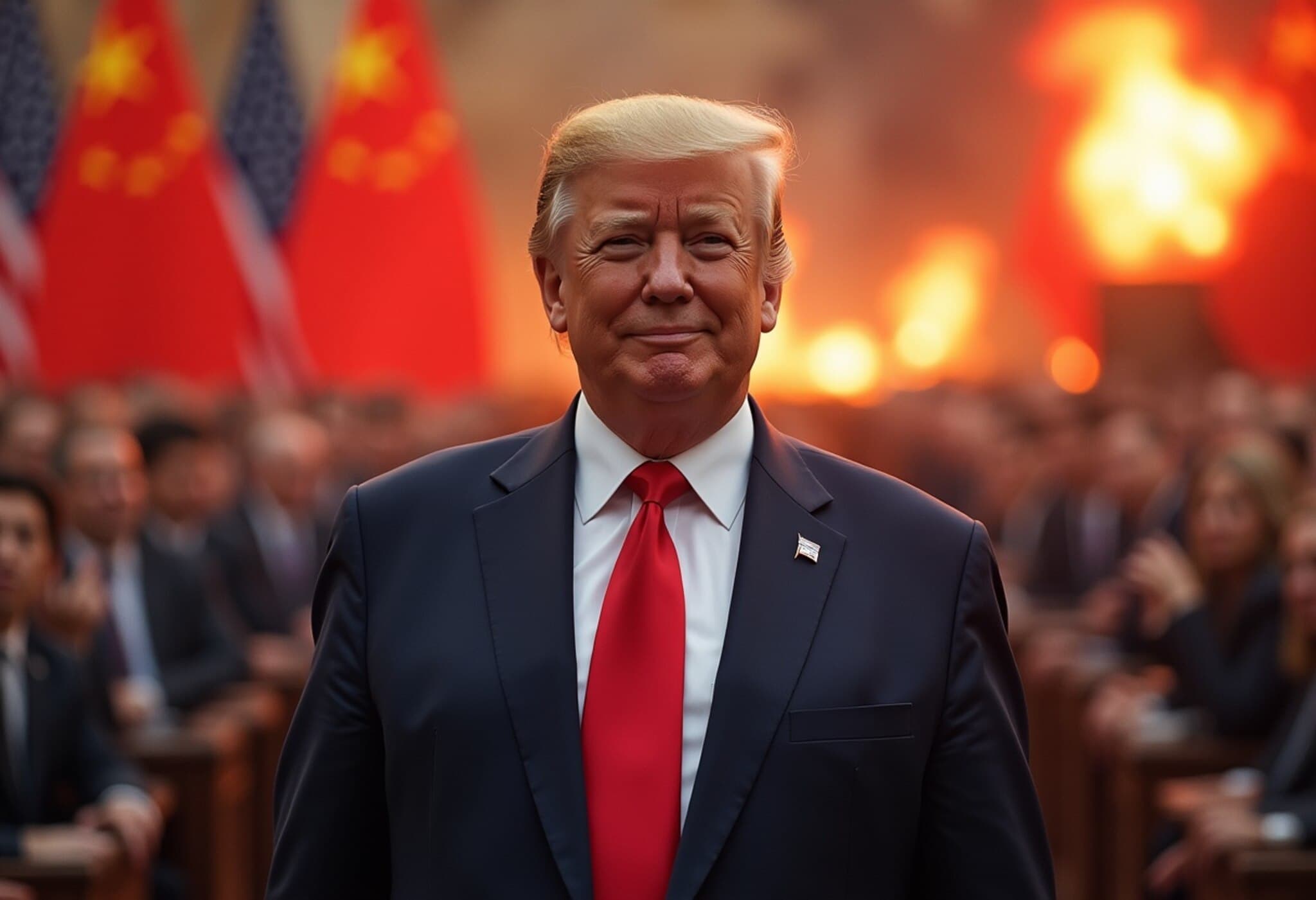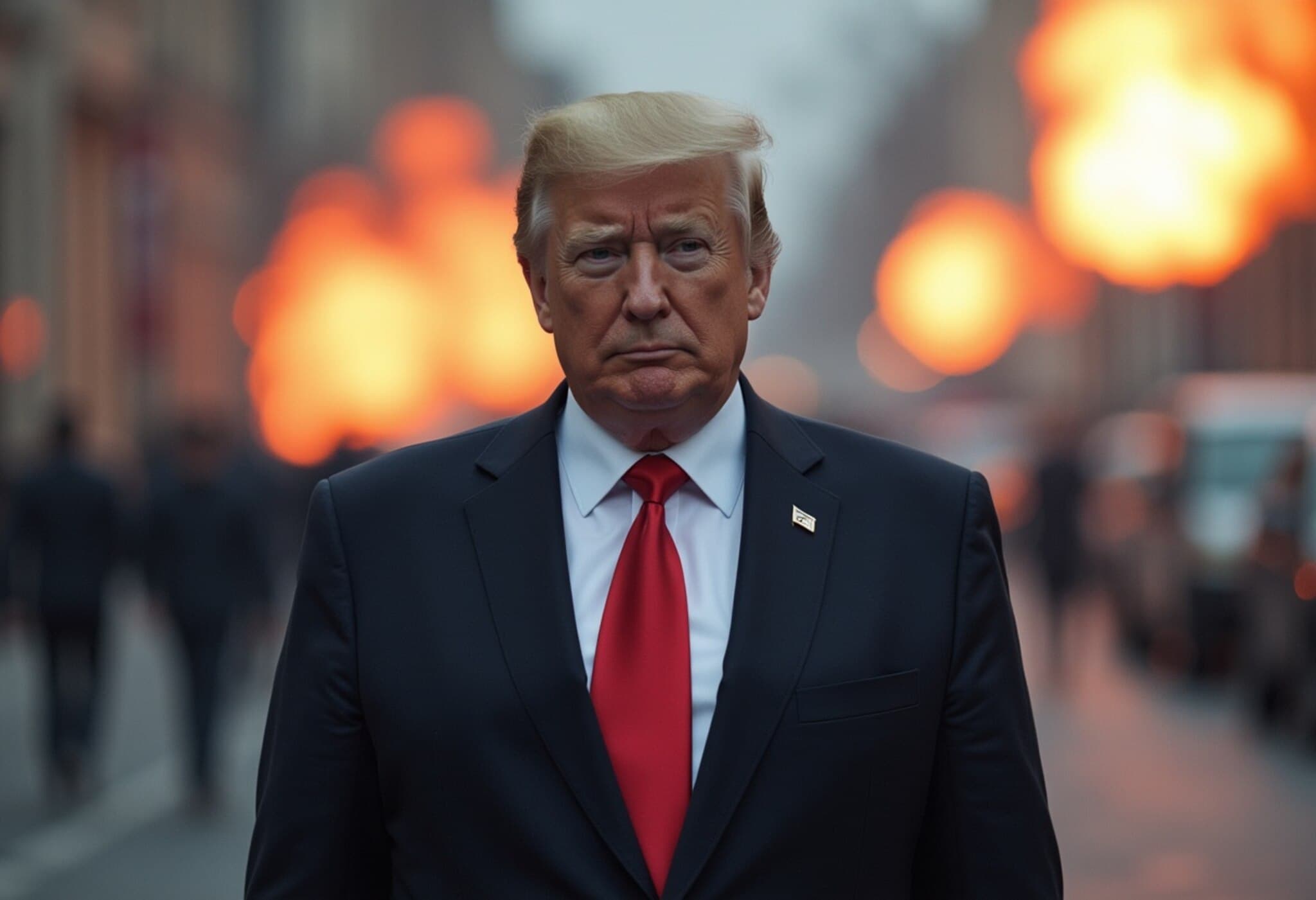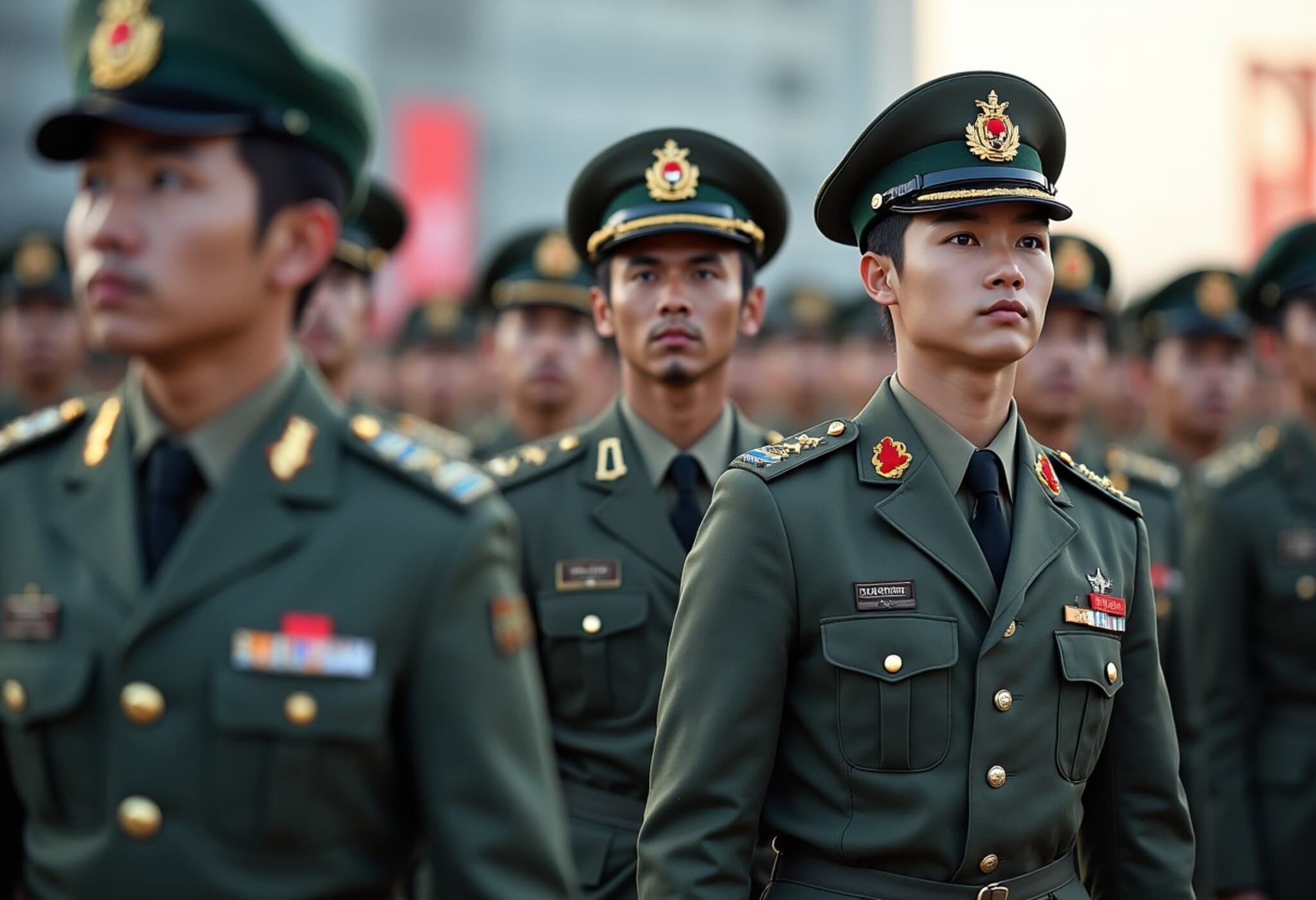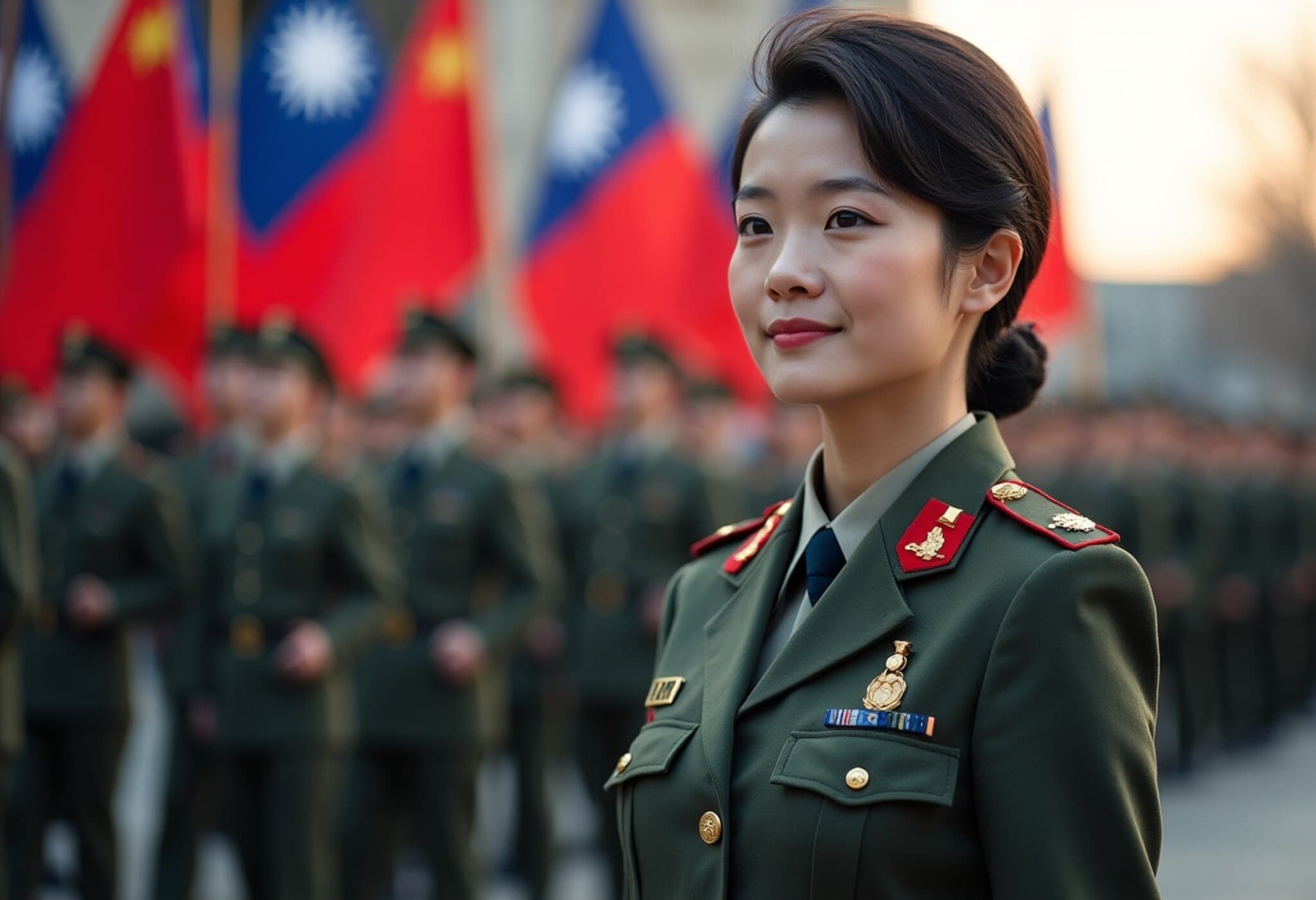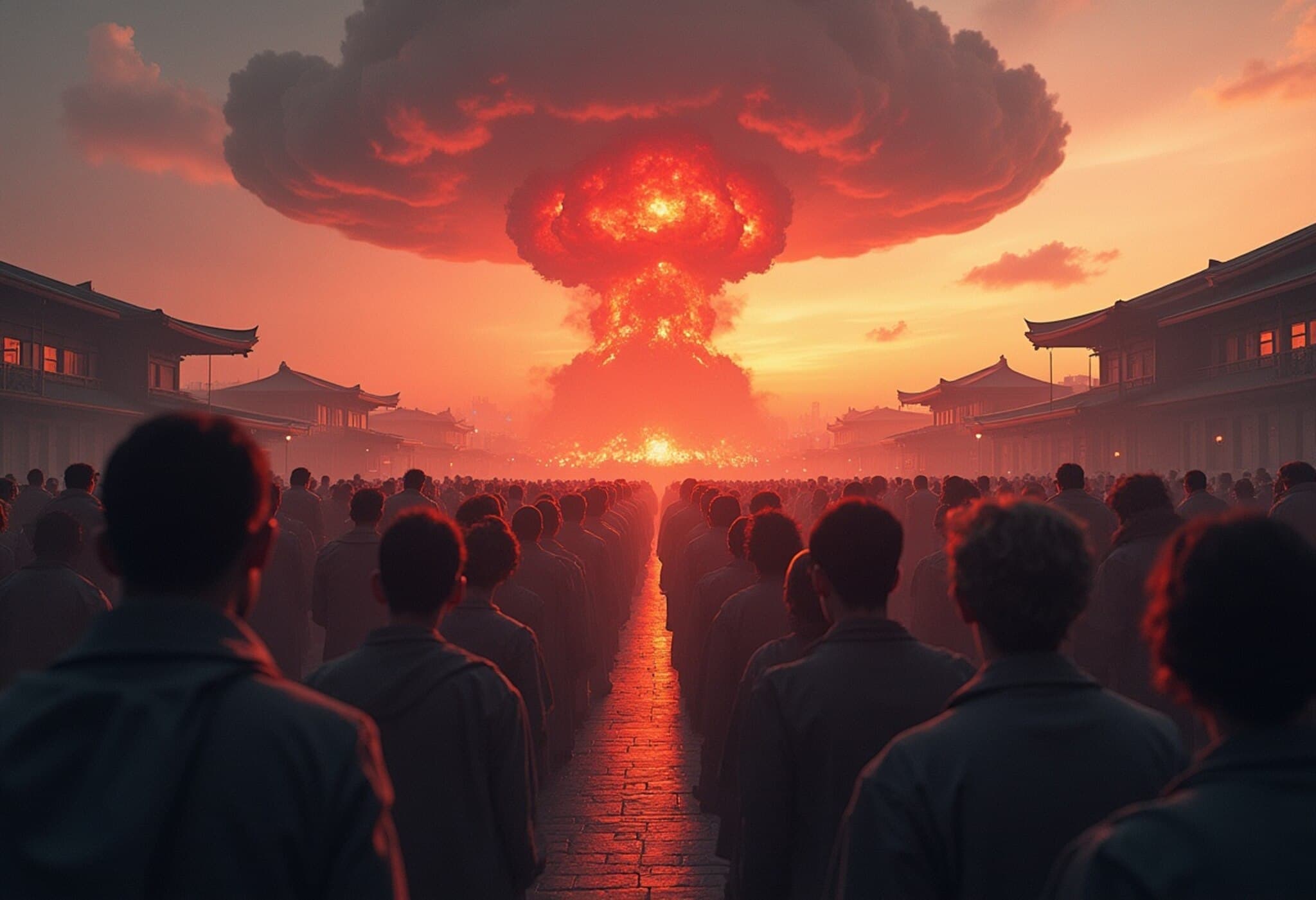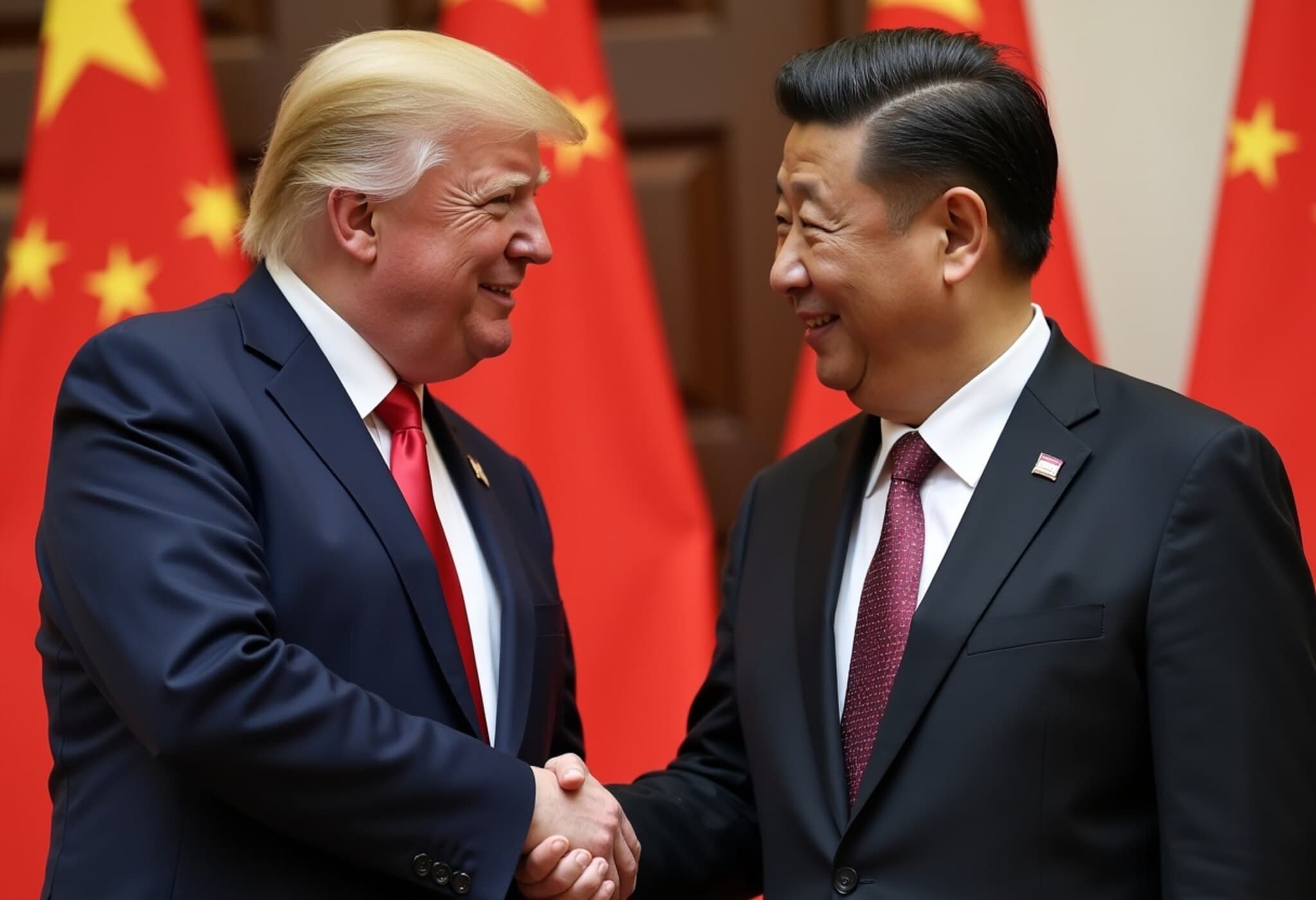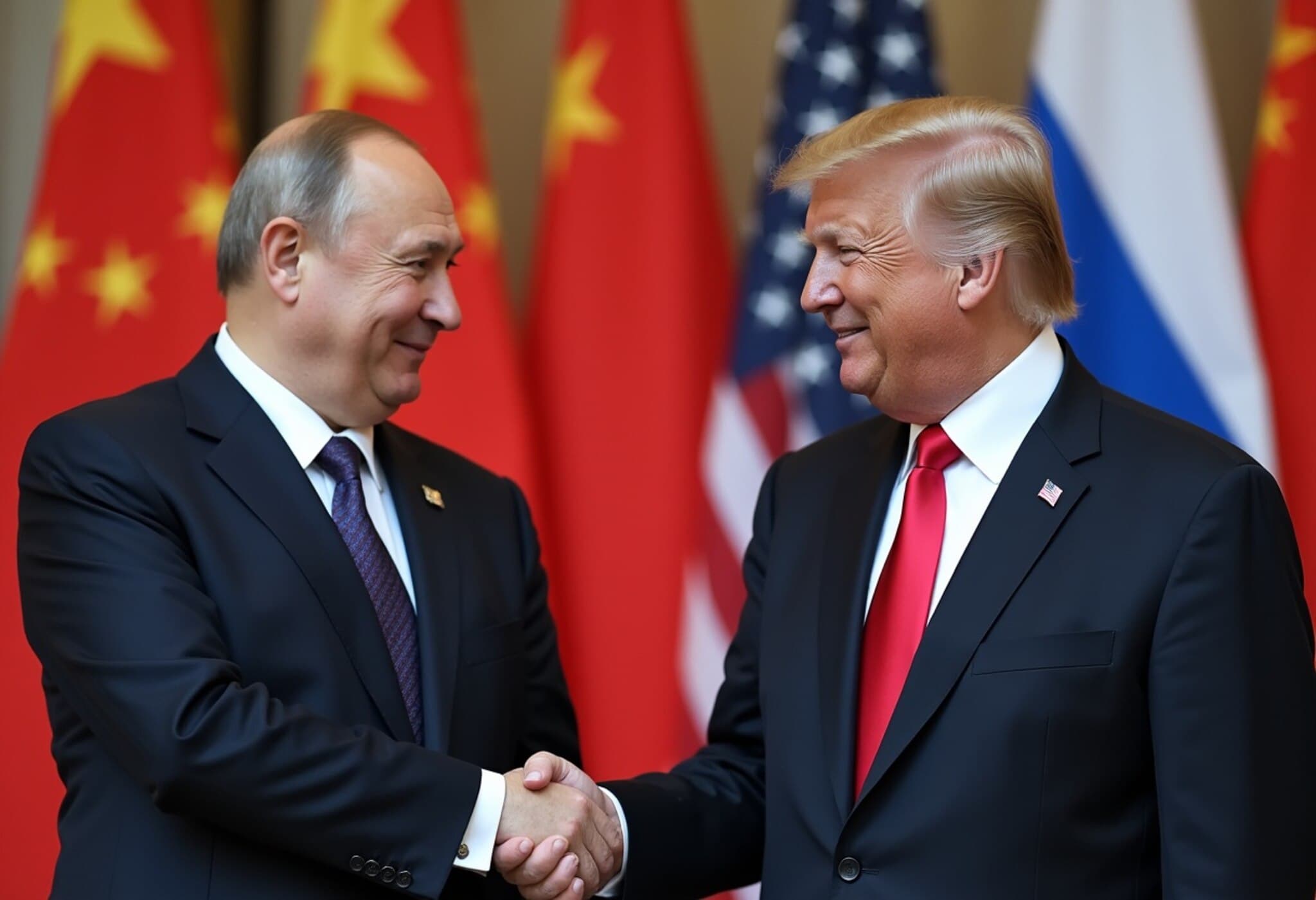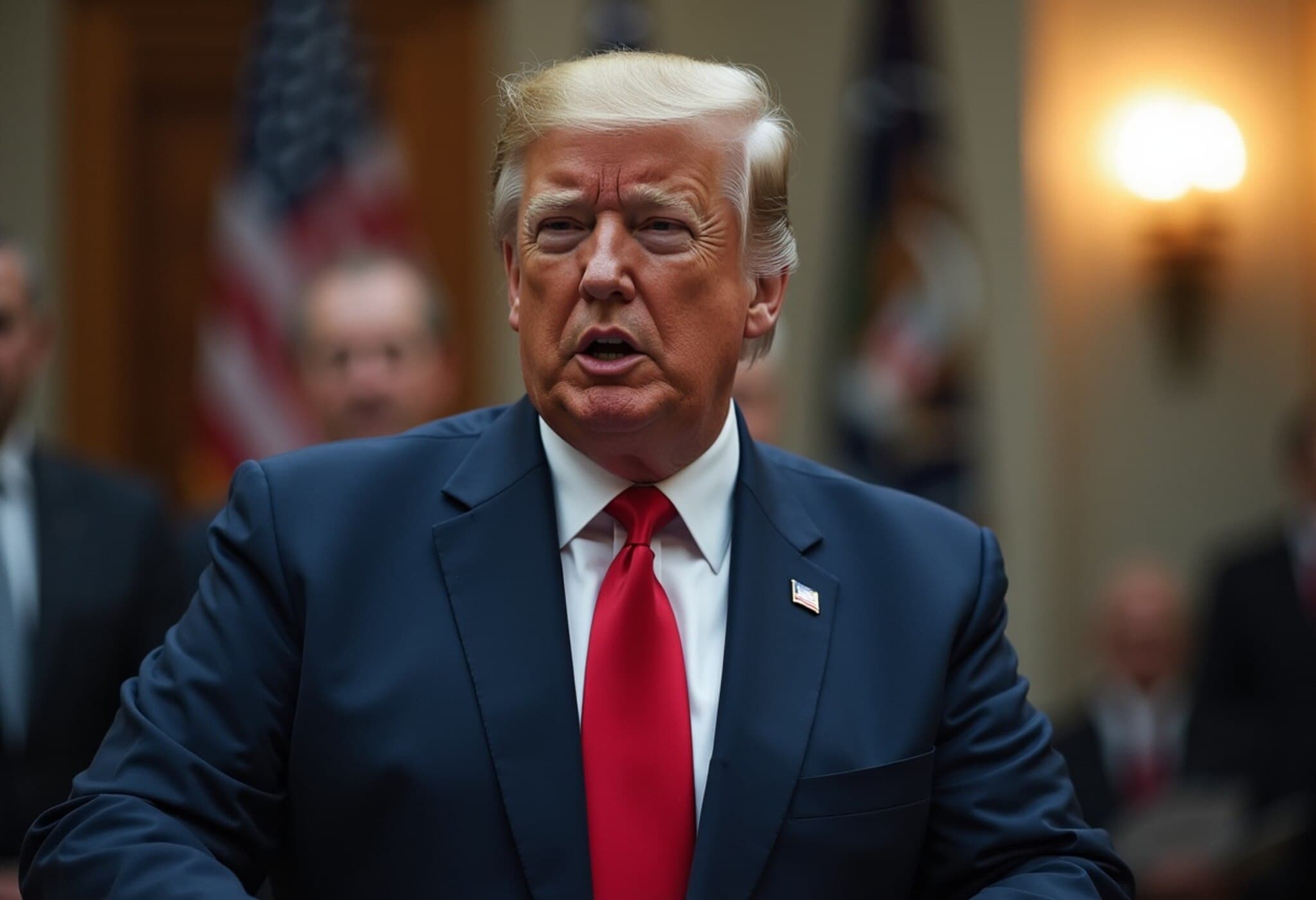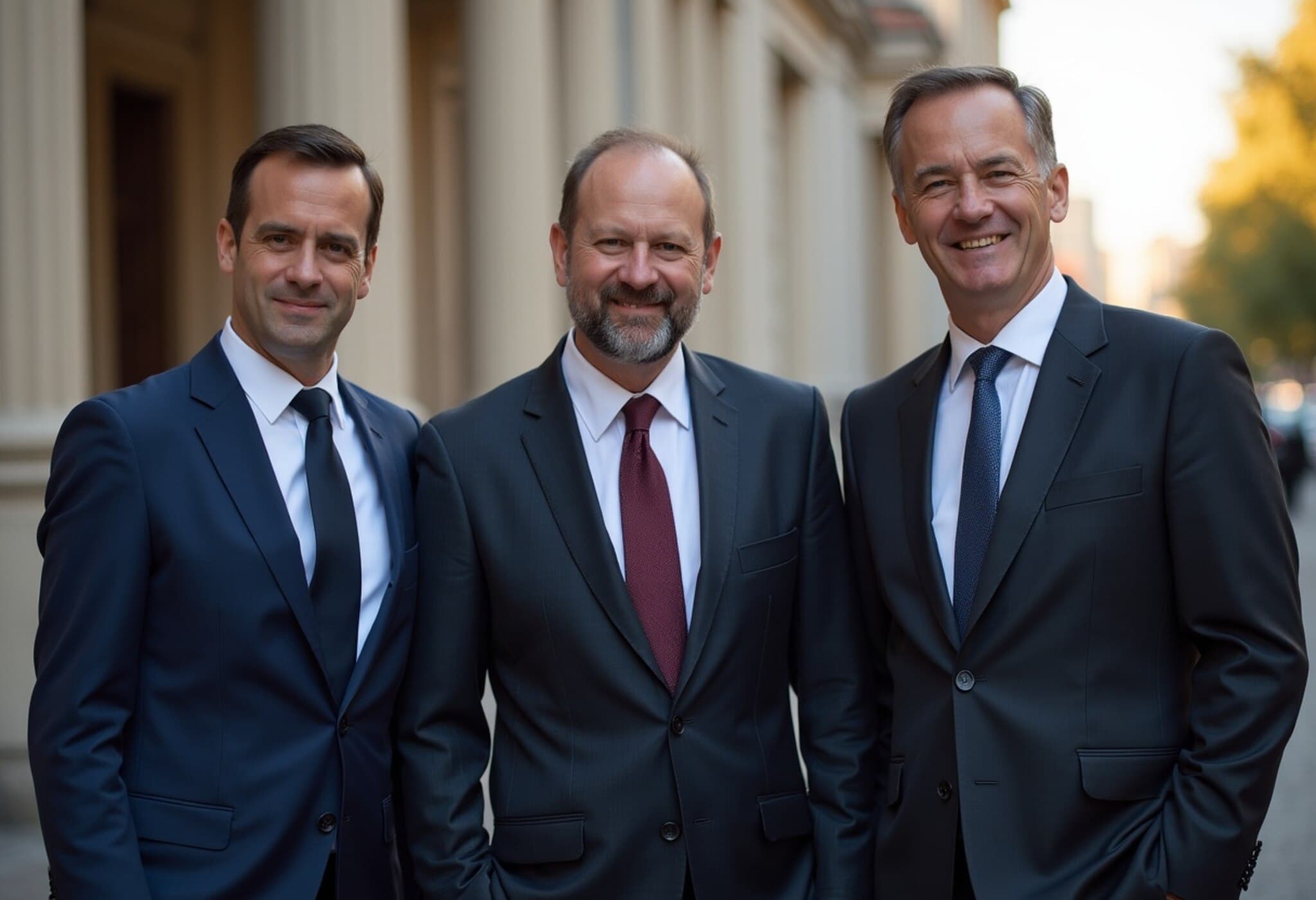China Rejects Inclusion in US-Russia Nuclear Disarmament Talks
In a firm response underscoring persistent geopolitical tension, China on Wednesday declined US President Donald Trump's proposal to join trilateral nuclear disarmament discussions with Washington and Moscow. The Chinese Foreign Ministry described the call as "neither reasonable nor realistic," emphasizing deep disparities in nuclear capabilities among the three powers.
China’s Position: Nuclear Capacity and Responsibility
Chinese Foreign Ministry Spokesperson Guo Jiakun stated, "China and the United States are not at the same level at all in terms of nuclear capabilities." He further stressed the importance of primary responsibility, arguing that "the countries with the largest nuclear arsenal should earnestly fulfil their special and primary responsibility for nuclear disarmament."
This statement highlights Beijing's long-standing stance on nuclear policy—maintaining a minimal deterrent rather than competing in an arms race.
Trump’s Vision for a Multilateral Denuclearization
Earlier in the week, President Trump expressed optimism about engaging both Russia and China in deeper denuclearization talks. Speaking at the White House, he remarked, "I think the denuclearisation is a very – it’s a big aim. But Russia’s willing to do it and I think China is going to be willing to do it too."
He also emphasized the urgency of stopping nuclear proliferation globally, a sentiment reflecting growing concerns over nuclear arms control erosion in recent years.
Contextualizing the Nuclear Landscape
The geopolitical reality is complex. The United States and Russia collectively hold nearly 90% of the world’s nuclear weapons. According to the 2024 Stockholm International Peace Research Institute (SIPRI) data:
- Russia: approximately 4,380 warheads;
- United States: approximately 3,708 warheads;
- China: approx. 500 warheads, expanding steadily with a recent increase of 90 warheads from 2023;
- France and the United Kingdom: 290 and 225 warheads respectively.
Notably, the US and Russia remain the only two countries with extensive and modernized nuclear arsenals capable of global reach, while China maintains a more modest stockpile, focused primarily on regional deterrence.
Challenges to Arms Control
Moscow’s 2023 withdrawal from the landmark New START Treaty, the last major bilateral arms control agreement with Washington, has caused ripples through the global security architecture. This development has further complicated disarmament diplomacy.
Meanwhile, Beijing consistently rejects US invitations to join these talks, arguing its nuclear policy is defensive and its arsenal size does not warrant equal footing with the superpowers.
Why China’s Reluctance Matters
China’s refusal to enter trilateral talks raises pressing questions about the future architecture of global nuclear governance. Experts note that including China would theoretically address asymmetries in nuclear posture and foster a more balanced dialogue. However, forcing China to the table without acknowledging these disparities risks stalling negotiations.
Additionally, China’s insistence on maintaining a minimal and secure nuclear force aligns with its long-standing policy of no first use and minimum credible deterrence, contrasting sharply with the US and Russia’s modernizing, expansive arsenals.
Expert Insight: Moving Forward in a Shifting Nuclear Order
Dr. Helen Carter, a nuclear policy analyst at the Center for Strategic Studies, explains, "To build sustainable arms control frameworks, it’s essential to tailor negotiations to the nuclear realities and security concerns of all involved parties. China’s strategic calculus and historical arms stance must be factored into any future agreements, or the talks risk failure.”
Meanwhile, US policy continues grappling with how to integrate China’s rise into existing arms control paradigms historically dominated by the US-Russia dynamic. This conversation will shape global peace and security efforts for decades.
Summary: The Road Ahead
China’s decisive rejection marks yet another chapter in the evolving saga of nuclear arms control. The disparity in nuclear capabilities and conflicting national interests underscore the challenge of crafting inclusive disarmament negotiations.
While Washington pushes for broader engagement, Beijing stands firm on its principles, underscoring the complex balance between deterrence, national security, and global stability.
Editor’s Note
China’s dismissal prompts critical reflection on how international arms control talks can adapt to a multipolar nuclear world. Are existing frameworks legacy models that need urgent redesign? Or must the dialogue respect the strategic realities of emerging powers? As the nuclear narrative unfolds, the global community confronts the pressing task of reimagining disarmament diplomacy to preserve peace in an uncertain era.

